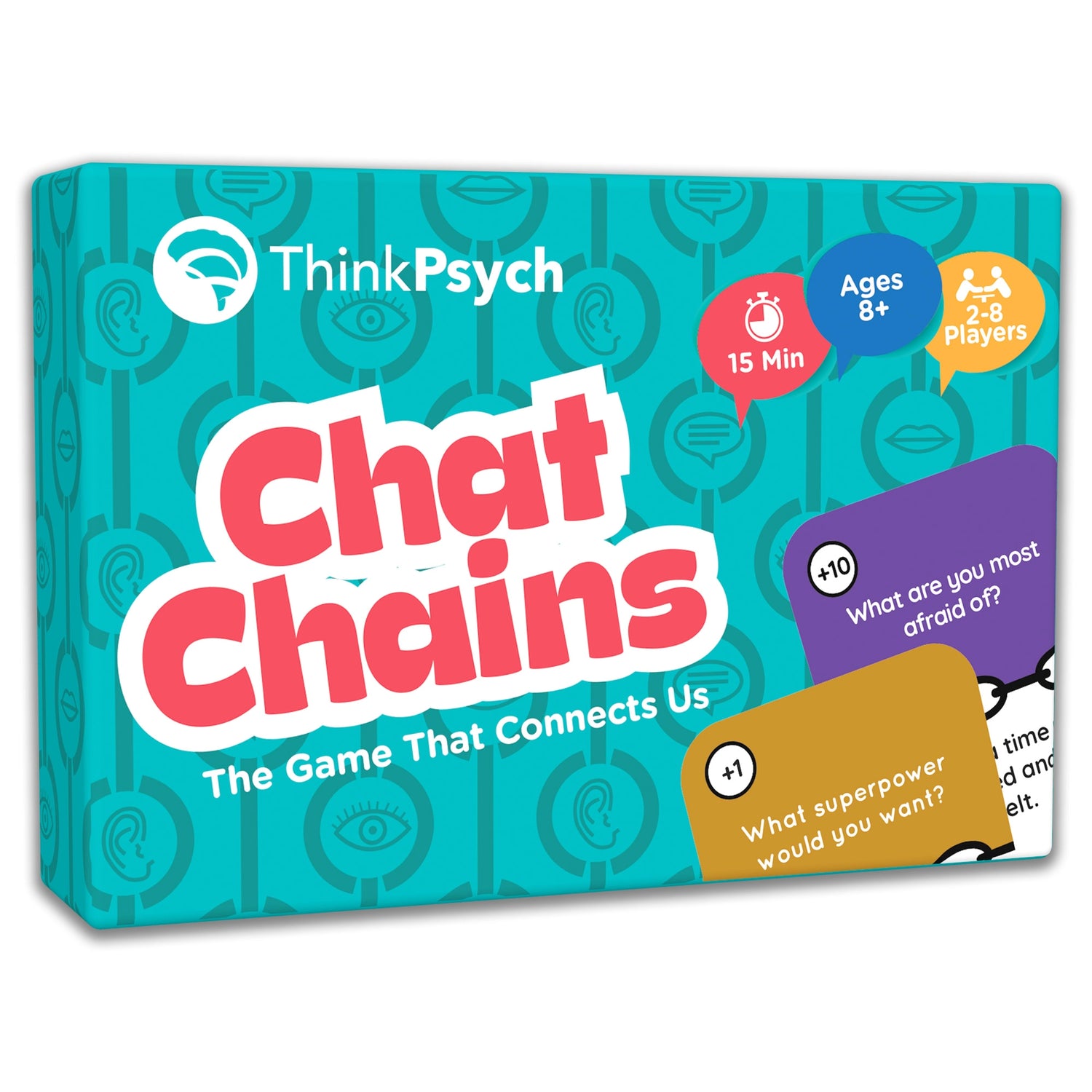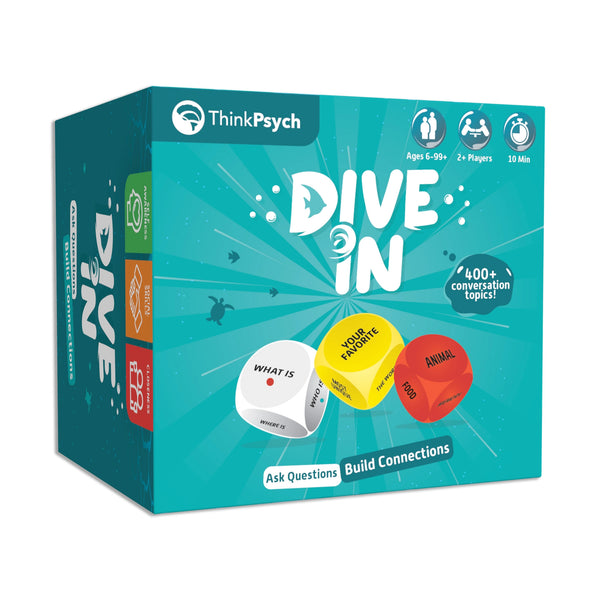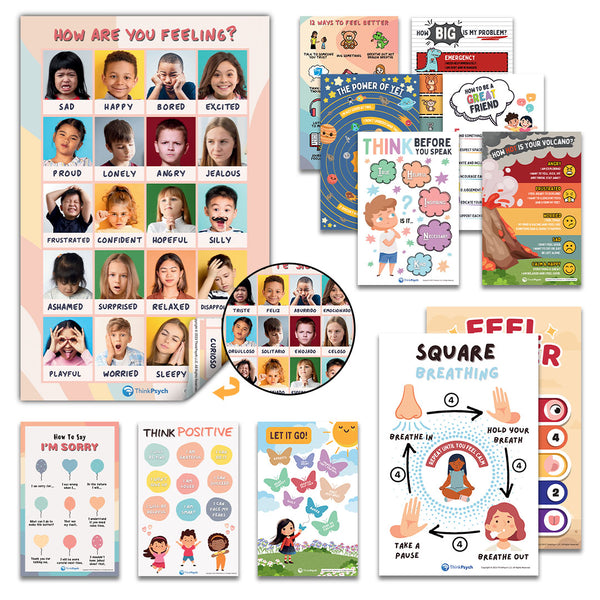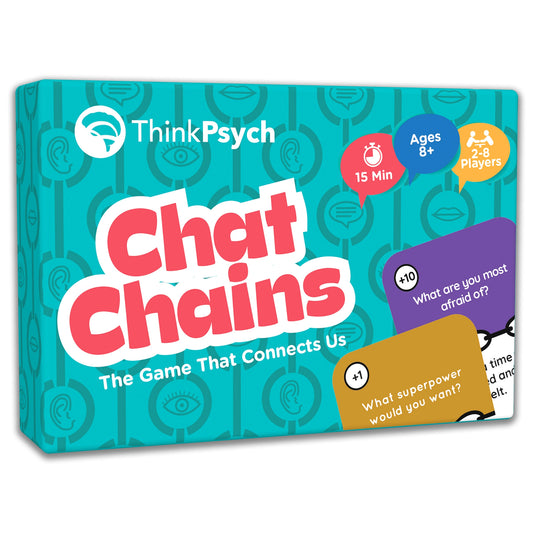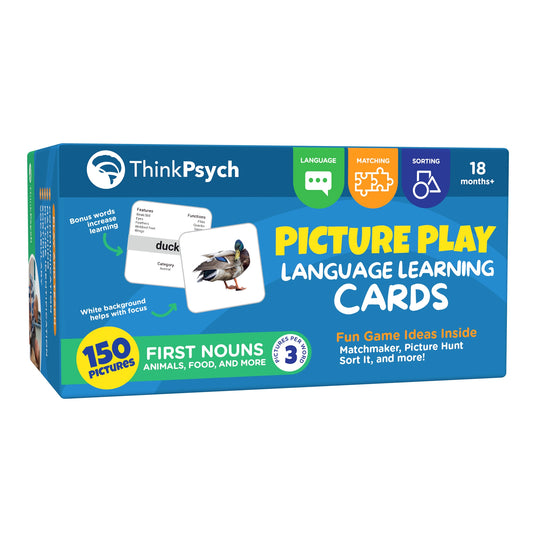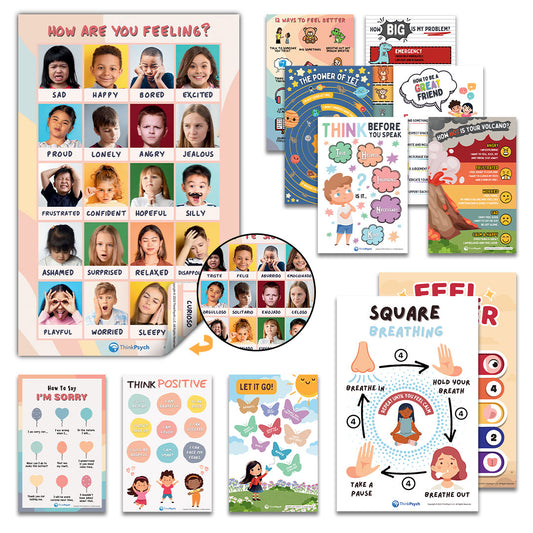
8 Strategies to Prevent Sibling Fights
Share
Sibling squabbles can drive you absolutely bonkers. You may feel like you’re breaking up battles 24/7 – and research backs this up! Studies suggest that siblings fight up to eight times per hour.
Keep in mind that young kids often “practice” relationship skills with their siblings first. For this reason, fighting between siblings is a normal part of developing key social skills.
Yet, it’s essential that you take an intentional approach to prevent sibling fights. This is especially true if disagreements tend to get ugly with hitting, shouting or name-calling.
By stopping sibling fights, you can support your kids as they learn life-important concepts, such as sharing, compromising, identifying emotions and resolving conflict. Here our experts at ThinkPsych have put together realistic strategies to prevent sibling fights.
Why Learning to Navigate Sibling Conflict Is Important
Strong sibling relationships can have long-lasting positive impacts. The American Psychological Association reports that warm sibling relationships can reduce loneliness and depression later in life. The opposite is also true: negative sibling relationships can increase the likelihood of depression and substance abuse.
When your kids are young, sibling relationships set the stage for learning healthy relationship behaviors. Learning how to navigate conflict with a brother or sister helps practice:
- Sharing and taking turns
- Making fair compromises
- Identifying and expressing emotions
- Building a sense of empathy
- Staying attuned to others’ perspectives and needs
- Solving problems and resolving conflict
- Respecting body autonomy
7 Things You Can Do During a Sibling Fight
If your kids just can’t seem to get along, you may need to intervene in their battles. That said, there are healthy and unhealthy ways to get involved. Here are expert-backed tips for what to do during a sibling fight.
1. Stop Playing Referee
Don’t take sides in your kids’ fights. Being the judge or referee can make matters worse, as both kids may find your verdict unfair. What’s more, parents often come to the rescue of their younger child.
Honestly, it doesn’t matter who started the fight. It takes two to tango, as the saying goes! Instead of playing referee, be the sportscaster. Summarize what’s happening and moderate as needed – but avoid passing judgment.
2. Stay Calm and Neutral
Even if your kids are driving you up the wall, try to stay calm. Take a deep breath before intervening. After all, when we add drama and negative energy to situations, they tend to spiral out of control.
Stay neutral and show how to peacefully resolve conflicts. Make impartial comments such as “What happened here?” or “It looks like you’re having trouble getting along.” Try not to raise your voice or add unnecessarily frustration.
3. Distract Younger Children
Younger children may not yet understand how to express emotions and make compromises. In these cases, it may be best to distract them from conflict. Give them a different toy or remove them from the shared environment.
Ideally, you can set up your kids with fun and games before trouble arises. For example, give each child their own activity to play with, or a project to do together. Either way, organizing their playtime can help kids know what to expect.
4. Let Older Kids Work It Out
On the other hand, older children should start learning how to resolve their problems. Avoid jumping in right away to fix the issue, or your kids will get used to the “parent police.”
Give your kids some time to see how they interact and brainstorm solutions. You may be pleasantly surprised what happens when kids aren’t vying for your attention or favor.
5. Share Tips and Reminders
You might also interrupt your children’s fighting to encourage their problem-solving. Well-placed tips and reminders can help guide them towards resolution.
For instance, you might give reminders about how to behave, such as “Let’s try to be fair” or “What would be a good compromise?” You might also make comments about their feelings or behavior, such as “That’s not a very nice tone” or “It sounds like you’re frustrated by…”
6. Ask Kids to Go to Their “Calm Down” Space
If the fight really gets heated up, it may be necessary to separate your kids. Each one should have a “calm down” space, whether a room, a chair or some other area.
Ask each kid to go to their space and think about how to resolve the conflict. Once tempers cool, your kids may be more ready to make amends.
Customer Favorites From Our Store
7. Give Your Kids Feedback Afterwards
Whether the fight was resolved well or not, it can be helpful to give your kids feedback. When they do well, praise their efforts. When they struggle to find a compromise, talk through their feelings and how they might do things differently in the future.
8 Strategies to Prevent Sibling Fights From Happening
In a perfect world, sibling fights would never happen in the first place. Though you can’t always prevent your kids from quarreling, these strategies may help them become less frequent.
1. Teach the Art of Compromise
The art of compromise is often behind resolving conflicts. Show your kids different ways that they can reach an agreement, such as:
- Taking turns by setting a timer or schedule
- Swapping toys, chores or privileges
- Mutually beneficial dividing (one kid divides the cookie, the other picks which half)
- Negotiating win-win benefits (“If we watch my favorite movie tonight, I’ll do your chores this weekend.”)
In addition, make sure your kids know how to enforce their compromise. For example, if they agree to each play a video game for 1 hour each, they should have a timer available where they can both see it.
2. Lean on “I Feel” Statements
Being able to identify and express emotions is useful for siblings to understand how the other feels. In turn, this helps teach kids to see from other perspectives and deepen their empathy.
Model how to use “I feel” statements with your kids. This way, they can express to their sibling “I’m mad/upset/frustrated when you…” Saying it aloud also enables your kids to use their words instead of hitting or throwing a tantrum.
3. Practice Empathy Skills With Games
Another enjoyable way to prevent sibling fights is to play games. Plenty of board games rely on kids learning how to take turns, negotiate and consider other perspectives.
At ThinkPsych, we’ve also created activities specifically with coping strategies in mind. Check out our game Roll With It or our Coping Skills and Emotion Posters! You might also take a look at our list of empathy-boosting activities here.
4. Make Sure House Rules Are Clear
Unclear expectations can cause kids to act out to test the boundaries. Ideally, create house rules that your entire family follows. You might even host a family meeting and invite your kids to come up with rules together.
Having set routines, privileges, chores, etc. will support your kids as they understand what’s appropriate (and not). For example, deciding together that Kid 1 watches TV from 6:00-7:00 pm on Fridays and Kid 2 from 7:00-8:00 pm will prevent a conflict about TV use.
5. Recognize Positive Behaviors
Often parents scold or give feedback when a child does something wrong. But we sometimes forget to recognize them when they do something right!
Pay attention to your kids’ behaviors and be sure to give positive feedback when they are getting along. This will encourage them to continue resolving conflicts and developing prosocial behaviors in the long term.
6. Get to the Heart of the Conflict
It’s important to understand what’s going emotionally with your kids. Sometimes sibling fighting is the result of kids vying for your attention. Or, they may be acting out because they feel that you play favorites.
Get to the root of the matter. Maybe you’re unintentionally comparing your kids or favoring one over the other. Maybe your child needs more attention. Try to find out any underlying causes of sibling rivalry.
7. Spend Quality One-on-One Time With Each Child
Your kids can benefit from having their own time to shine. Doing so can prevent sibling fights, as they can enjoy your full attention. Carve out moments during the week to give each child one-on-one attention. As a family, don’t forget to celebrate their individual needs and interests, too.
8. Model Peaceful Conflict Resolution
Last but not least, your kids will pick up on your own habits and ways of managing conflicts. Make sure that you’re showing how to calmly handle stress and disputes. This goes for interactions with your spouse, family, friends, neighbors and more. In this way, your children will see firsthand the best manner of dealing with issues.
Prevent Sibling Fights and Build EQ With ThinkPsych
Stopping sibling fights should be done thoughtfully, so that your kids learn key relationship skills. Leverage our tips above for what to do during a fight and how to prevent one from arising in the future!
At ThinkPsych, we’re keen to support your kids as they learn vital emotional intelligence skills. To strengthen your child’s sense of empathy, try out our expert-designed game Roll With It or our Coping Skills and Emotion Posters. And don’t forget to check out our ThinkPsych blog for more great ideas to empower your child’s EQ development!
References:
- Psychology Today, 7 Evidence-Based Ways to Stop Sibling Fighting, https://www.psychologytoday.com
- American Psychological Association, Improving Sibling Relationships, https://www.apa.org
- Raising Children Network, Preventing Sibling Fights: Tips, https://raisingchildren.net.au
- Child Mind Institute, When Siblings Won’t Stop Fighting, https://childmind.org
- Aha! Parenting, How to Stop Siblings Fighting?, https://www.ahaparenting.com
- Positive Parenting Solutions, When Sibling Fights Turn Physical: Ultimate Guide to Success, https://www.positiveparentingsolutions.com
- FreePik, A Front View Boys Faceoff, https://www.freepik.com
